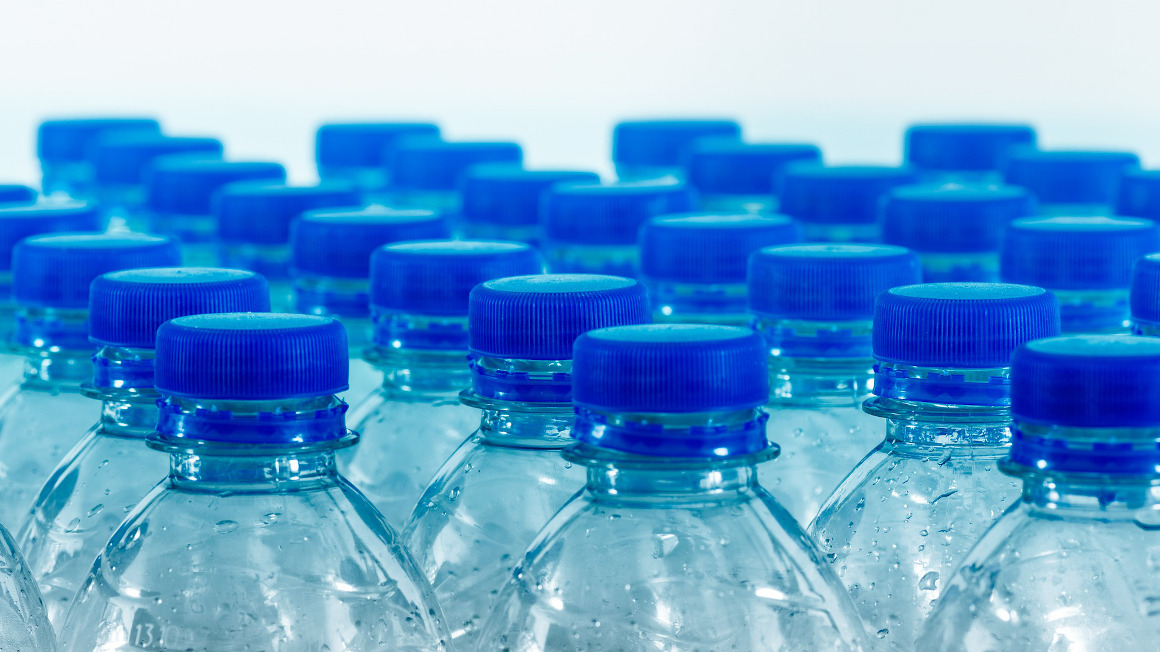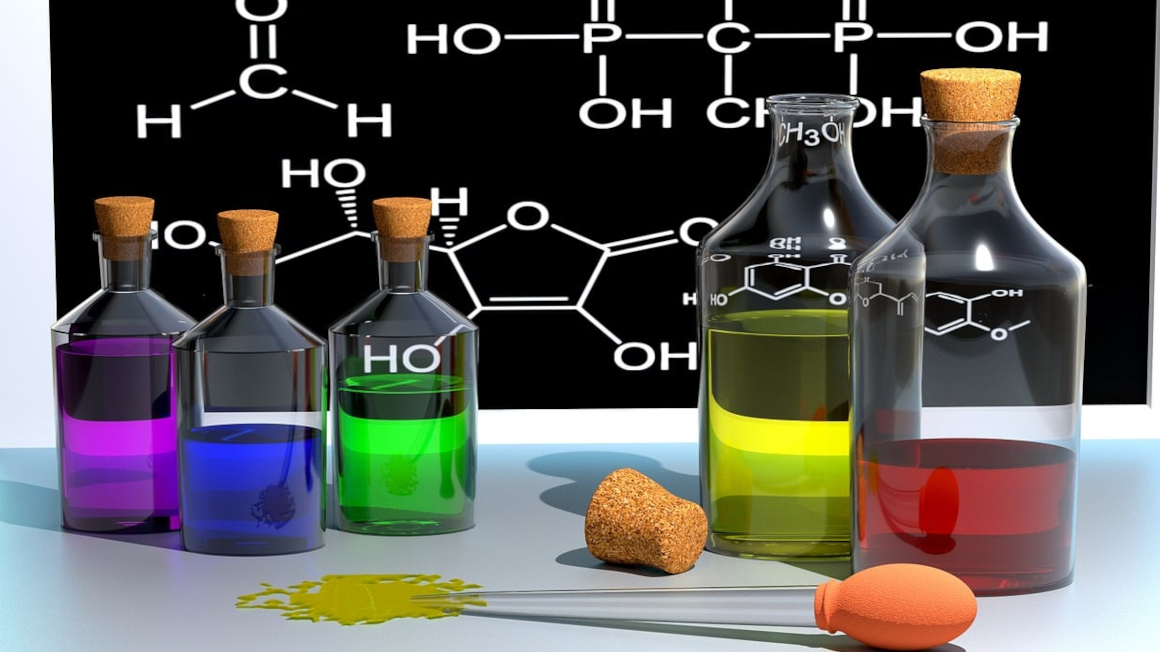Paving the way for bio-based plasticizers
Researchers have laid the foundation for the production of sustainable plasticizers: The molecules needed for plastic production can be obtained from waste streams from food production or wood processing.

Whether cables, car tires, packaging or children's toys: many everyday objects are made of plastic. The versatility of plastic is enabled by plasticizers, which not only make the material softer, but also more flexible, elastic or resilient. But plasticizers, like conventional plastics, also consist largely of petroleum, which is neither climate-friendly nor infinitely available. In the "Bioplasticizers" project, partners from research and industry have therefore been researching a sustainable alternative since 2017. The Institute for Technical Biocatalysis at the Technical University of Hamburg-Harburg, the University of Bielefeld and the chemical company BASF SE were involved in the project, which was funded by the German Federal Ministry of Education and Research (BMBF) with 600,000 euros.
Using sugar to produce phthalates from waste streams
The project focused on phthalates, because they are among the most commonly used plasticizers. "More than nine million metric tons of plasticizers are produced worldwide every year, with phthalates accounting for more than half of the manufacturing volume," explains project manager Harald Gröger. A plasticizer produced from renewable raw materials would not only have great economic potential, but would also save considerable amounts of the climate gas CO2 and contribute to the circular economy. In addition, bio-based plasticizers would also not pose any health risks, unlike their petroleum-based counterparts.
The research team has now found a way to produce phthalates from renewable raw material sources. "For example, sugars from waste streams from food production, such as bran, or from wood, i.e. cellulose, can be used," explains Gröger. However, the production of these new plasticizers came with the challenge of ensuring that they are easy to produce, inexpensive and have chemically comparable properties - just like conventional plasticizers.
Good prospects for marketable bio-plasticizers
"We first produced molecules based on renewable raw materials that could be considered as alternative plasticizers. We characterized these new molecules - in other words, determined their molecular structure and properties," explains the chemist. Application tests then showed that the bio-based plasticizers can already compete with existing plasticizers in many areas. "We now have a lead structure, i.e. a basic building block for novel plasticizers that is biobased and meets a large part of the technical requirements," the researcher sums up. "This gives us an excellent perspective for developing marketable biobased plasticizers in the future."
bb


